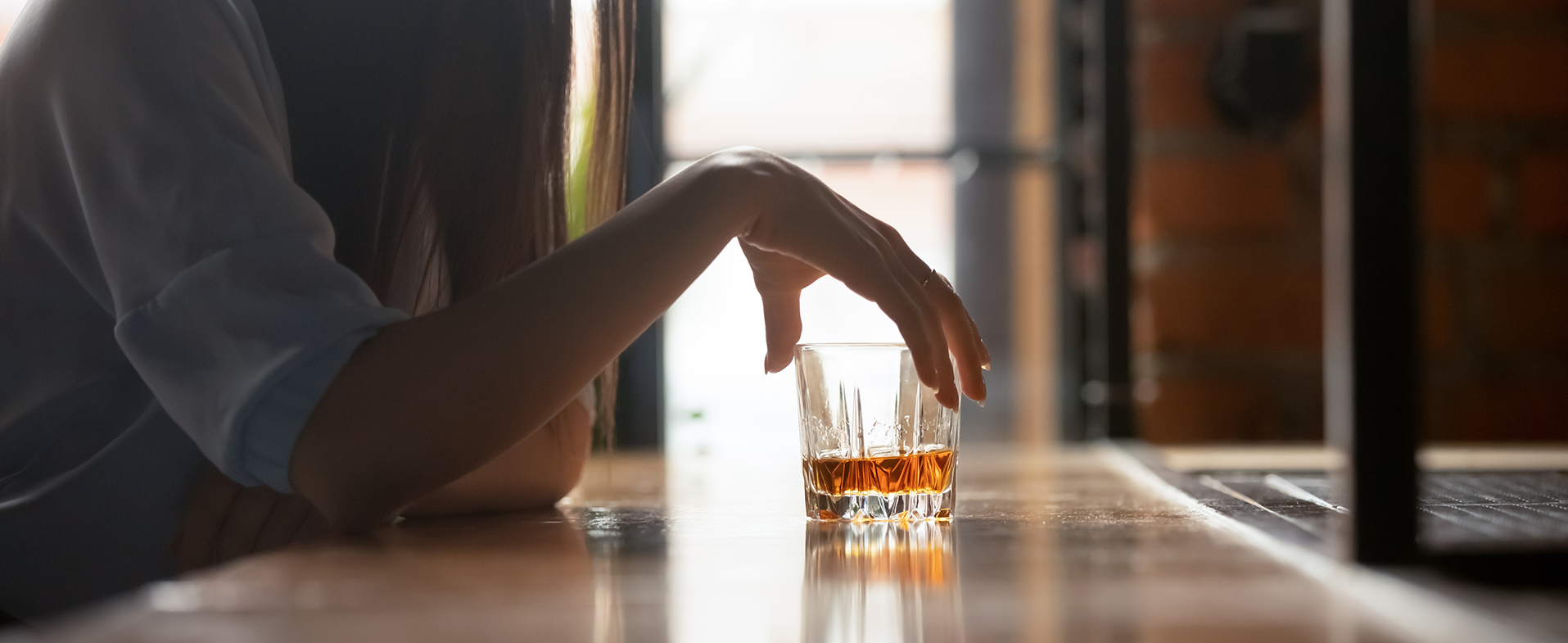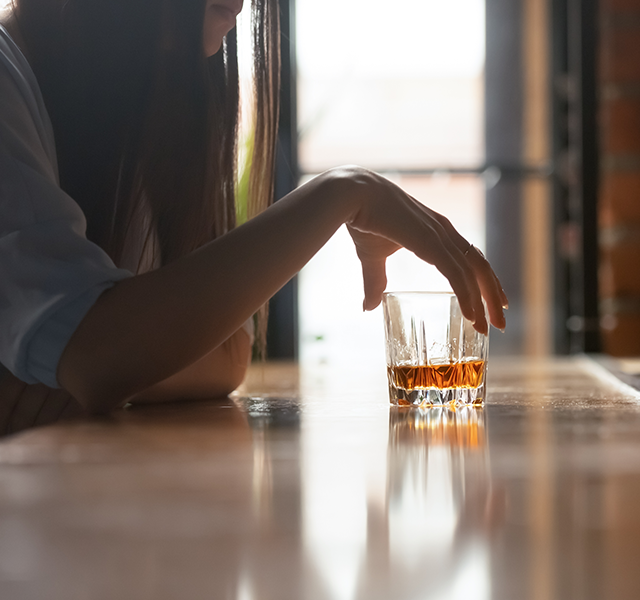Injectable medications like Ozempic have surged in popularity as a treatment for obesity and diabetes. These medications, known as GLP-1 inhibitors, are well known to curb cravings and promote weight loss. But as more and more people have tried the drugs, there have been anecdotal reports that the medications helped curb other addictive behaviors, such as alcohol use.
Now, research is emerging to back up those reports. “The research is exciting and very promising,” says Tyler Trahan, M.D., an internal medicine physician specializing in addiction treatment at Henry Ford Health. But he cautions it’s still early days for understanding how GLP-1s might treat addictive behaviors like drinking, smoking and drug use. “There’s still a lot to learn about how these medications could help people struggling with substance use disorders.”
Dr. Trahan describes what researchers know so far about the promise of GLP-1s for treating addiction.
GLP-1s and Addiction
GLP-1 medications are effective for weight loss and have been linked to a growing list of health benefits. Among those possible benefits, researchers have been studying whether the medications could control cravings for alcohol or other addictive substances.
In 2025, a study in the journal Addiction added more evidence. The researchers looked at the health records of more than a million people with alcohol use disorder or opioid use disorder. They found those taking GLP-1 medications had a 50% lower rate of alcohol intoxication and a 40% lower rate of opioid overdose.
Those numbers are promising. “Still, we have to interpret them with a bit of caution,” Dr. Trahan notes. The study only looked at people who arrived at the hospital with alcohol intoxication or an opioid overdose. “It doesn’t tell us about more generalized use. People taking GLP-1s might have still been using alcohol or opioids, even if they didn’t present to the hospital,” he says.
It’s also not yet clear which types of addictions GLP-1s might be best for treating. So far, the strongest evidence of benefit is in treating alcohol use. For other substances, such as cocaine or tobacco, the results are mixed, Dr. Trahan says. “Addiction to one substance isn’t exactly the same as addiction to another,” he notes. “We need more research to understand whether there’s a role for GLP-1 medications in different substance use disorders.”
How GLP-1s Help with Substance Use Disorders
Scientists are still exploring exactly how GLP-1 medications might curb addictive behaviors. “One thing we’re finding is that these medications don’t just work on hunger. They seem to act on the brain pathways that drive craving and reward,” Dr. Trahan says. In other words, they might make people less likely to crave food or drugs—and less likely to get a rush of positive feelings after consuming them.

See An Addiction Specialist
The drugs may also help with impulse control, he says. “They seem to put some space between a person and the substance, whether that’s food or alcohol or drugs,” he says. “That may make it easier for people to say no.”
As researchers explore the different ways GLP-1s could help with addiction, they’re opening new doors into addiction science. “Addiction isn’t just in the mind. Substance use disorders are diseases that affect the whole body,” Dr. Trahan says. “When we talk about GLP-1s, we’re talking about medications that act on gut-brain hormones—and that points us toward a new, more holistic way of treating addiction.”
A Toolbox of Addiction Treatments
It’s too soon to say that GLP-1 medications are a slam-dunk for treating substance use disorders. But other treatments, including numerous prescription medications, are available to treat addiction to opioids, alcohol and more.
One day, GLP-1s might be used alongside other medications for addiction treatment. In the meantime, Dr. Trahan says, people shouldn’t overlook the treatments that are already approved for treating substance use.
GLP-1s are expensive, and not likely to be covered by insurance for people who don’t have obesity or diabetes. Many other addiction treatments, by contrast, are both inexpensive and proven effective. “It’s important to remember that we have a toolbox of effective, well-tolerated medications that can help people with opioid use disorder and alcohol use disorders,” Dr. Trahan says.
If you have a substance problem, talk to your primary care doctor or an addiction specialist about your options, he adds. “If you’re struggling with substance use, you don’t have to wait until we know more about GLP-1s. The most important thing you can do is to reach out for help.”
Reviewed by Tyler Trahan, M.D., an internal medicine physician specializing in addiction treatment who sees patients at Henry Ford Hospital and Henry Ford Maplegrove Center.



